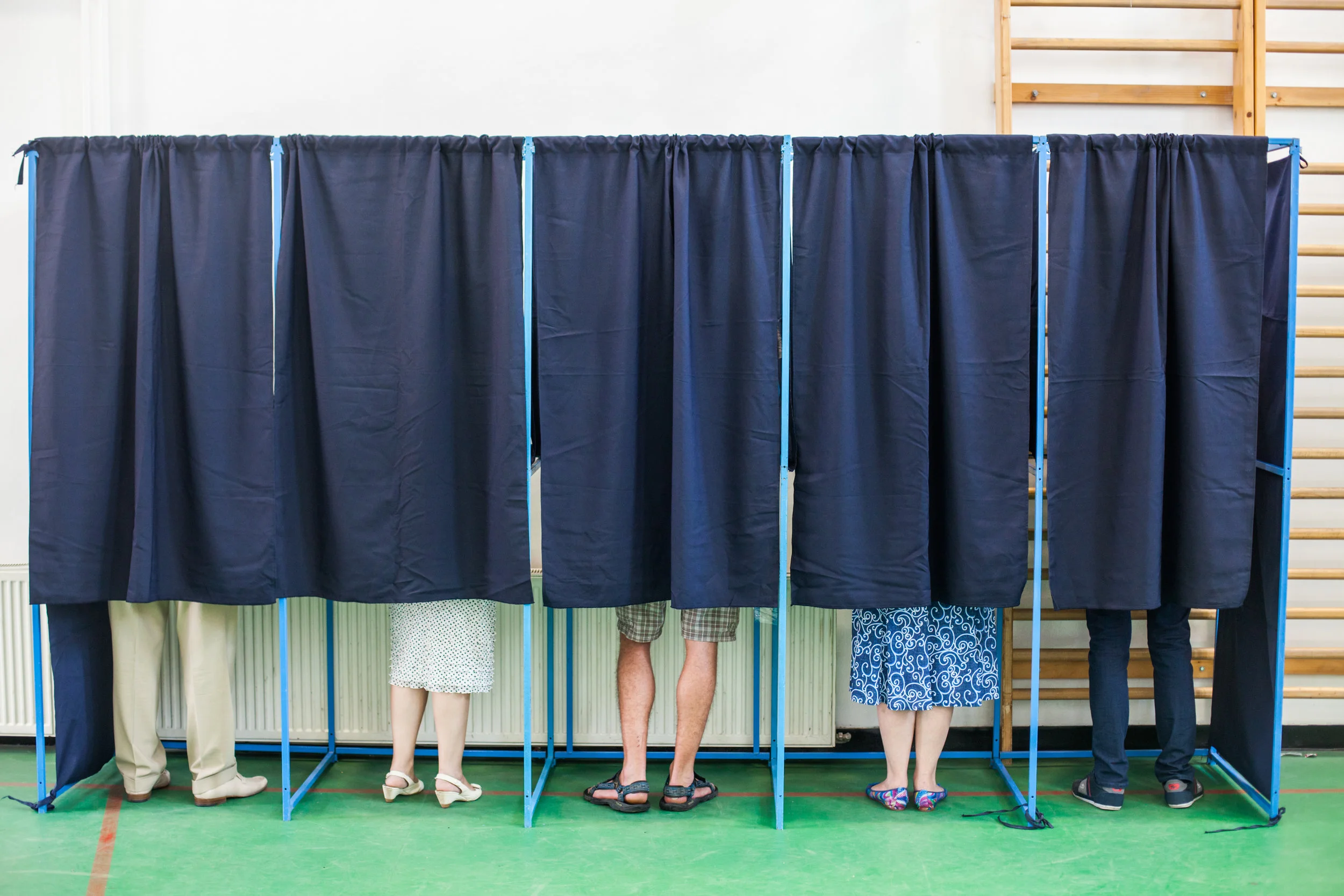In her article opposing the National Popular Vote Interstate Compact, Tara Ross makes three arguments in favor of the antidemocratic unequal treatment of voters accorded by the Electoral College. First, she argues that but for the Electoral College, residents of small and midsize states would be ignored. Second, she argues that a change to the national popular vote can only be done by a constitutional amendment. Finally, she argues that if states are bound together to cast electoral votes to the winner of the national popular vote, some states will be prejudiced because the rules for voting differ from state to state. None of these arguments are convincing.
The first argument makes no sense on its face. If all votes counted equally then candidates would have the same motivation to seek all votes regardless of geography. The question is not whether they would do that, but how. As we noted in another blog, advertising on social media makes it easy to reach out to potential voters all across the country, and if the popular vote winner became the president, all candidates would have to do just that. National brands like Wal-Mart and Amazon do not ignore people in smaller markets; nor would candidates seeking to get the most votes across the country.
Contrary to the argument that the Electoral College protects small states, small and midsized states are entirely ignored under our current system, except for a small number of swing states. The candidates flock to New Hampshire and Iowa, but ignore Rhode Island and North Dakota completely because those votes are taken for granted by one party or the other. Under a national popular vote system, candidates would reach out to all voters in all states.
Second, we do not need a constitutional amendment to ensure the that winner of the national popular vote becomes the president because the Constitution empowers states to allocate their electoral votes as they see fit. Article I, section 1 of the Constitution provides: “Each State shall appoint, in such Manner as the Legislature thereof may direct, a Number of Electors . . . .” In other words, the drafters of the Constitution specifically left plenary power to the states to decide how to choose the electors. Our existing, winner-take-all system is not mandated in the Constitution and is only one of a number of options a state could chose to allocate its votes. Originally, many states chose to have their legislatures choose the electors directly, without having the people vote at all, a choice they could theoretically still employ today. Maine and Nebraska have chosen to split their electoral votes by congressional districts with two votes awarded at large. Assigning electoral votes to the winner of the national popular vote is another permissible choice, and a choice that is good for the country.
Finally, differences in voting requirements from state to state is not a reason to stick with the outdated, undemocratic Electoral College. Ross notes that some states have more opportunities for early voting or make it easier to vote absentee, and states that under the Electoral College system, “no one cares if Texans have more time to early vote than voters in Colorado.” However, with the national popular vote, “a ballot cast in Texas could dictate the outcome in Colorado. Suddenly, it matters a great deal that Texans had more opportunities to vote.” This does not follow. The outcome of a vote in one state can already impact the outcome of the election for all other states under the Electoral College. Further, when only a few states matter, our elections are much more vulnerable to foreign meddling or election irregularities because it is far easier to hack an election in the three critical swing states that decided the 2016 election than in the whole country.
The current system allows the candidates to ignore the vast majority of the governed, focusing only on the small number of people living in states where the election is likely to be close. If the winner of the national popular vote became the president, the interests of rural voters in Illinois would matter as much as rural voters in Michigan, and city dwellers in Texas would matter as much as city dwellers in Florida. For these reasons, most people agree that the person who wins the popular vote should become the president.

